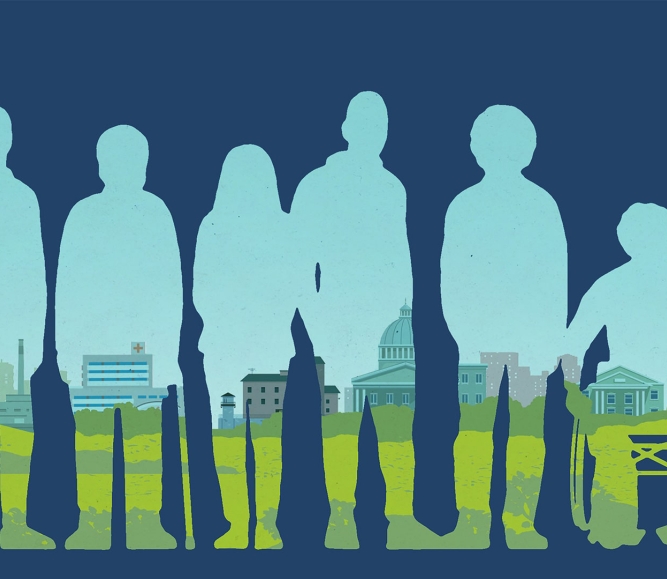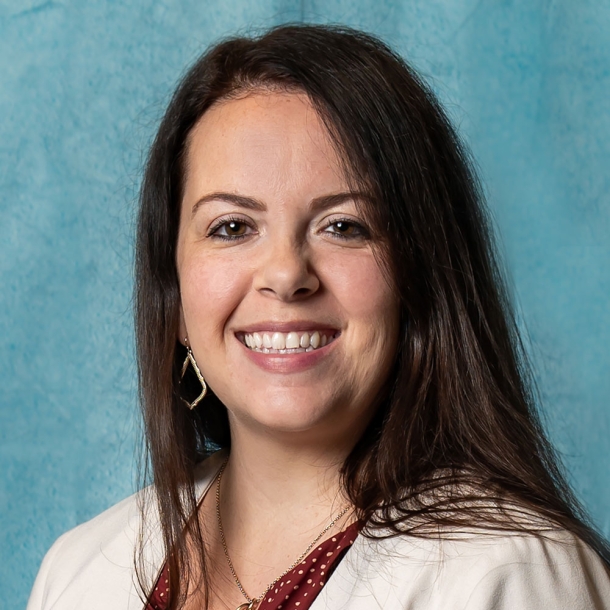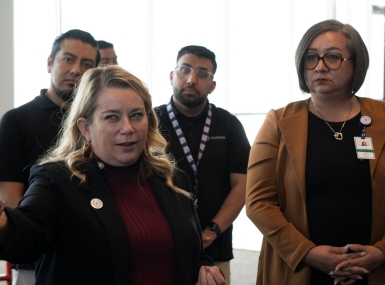County officials exchange ideas on Maricopa County’s Stepping Up initiative
Key Takeaways
Last month, 25 officials from counties across the country met in Maricopa County, Ariz. to participate in the first Stepping Up Peer Exchange. Stepping Up is a national initiative to reduce the number of people with mental illnesses in jails. More than 400 counties have passed a resolution to join the initiative since it launched in May 2015.
Learn More
Hosted by NACo and Maricopa County, the purpose of the Peer Exchange was to highlight the work happening in Maricopa County to reduce the number of people with mental illnesses in its jails.
Maricopa County passed a resolution to join the Stepping Up initiative in 2015 to help align and enhance the county’s multiple justice-related initiatives.
The Peer Exchange was organized around the four key measures of the Stepping Up initiative:
- The number of people with mental illnesses booked into jails
- Their length of stay
- Connections to treatment, and
- Recidivism.
The premise of these measures is that if counties can impact one or more of these points they can start to have an impact on their jail population.
With these measures as a lens, participants at the Peer Exchange heard from representatives from all sectors of the Maricopa County health, human services, justice and administrative systems.
To reduce the number of people with mental illnesses booked into jails, Maricopa County has made substantial investments in its law enforcement training and crisis services.
The Sheriff’s Office and municipal police departments are providing increasing numbers of their officers with Crisis Intervention Training (CIT), a 40-hour program that teaches officers how to safely de-escalate situations involving individuals experiencing a mental health crisis and connect people to appropriate care rather than taking them to jail.
The county also has a robust crisis system that includes a crisis phone line and mobile crisis teams. In addition, the county is home to the ConnectionsAZ Urgent Psychiatric Care (UPC) Center, which specializes in 24-hour emergency psychiatric services.
Peer exchange participants toured the UPC, which is staffed with psychiatrists, social workers, case managers, certified peer support specialists and medical staff to provide a continuum of care for those in need. Law enforcement officers provided more than 16,000 drop offs to the UPC in 2016.
“We are looking to identify solutions, and solutions aren’t always incarceration,” said Maricopa County Sheriff Paul Penzone.
To reduce how long an individual with mental illness stays in the jail, the jail has implemented a robust screening and assessment system that is used to inform early diversion decisions.
Approximately 100,000 people are booked into the jail each year and every one of these individuals is screened for potential serious mental illness (SMI) and substance use disorders. Corrections staff also screen for veteran status, homelessness and pretrial risk (i.e. risk of a person committing a new crime or not appearing in court). This pretrial risk assessment provides a framework to guide release recommendations and supervision, and helps to divert individuals at initial court appearance.
For individuals with SMI, Correctional Health Services (CHS) makes referrals to the community behavioral health system to coordinate warm handoffs when people are released from jail, and the Sheriff’s Office ensures that people with SMI are only released during daytime hours when they are better able to access services. With these processes in place, 36 percent of people with SMI were released within 14 days in 2016, compared to only 15 percent in 2015.
To increase connections to treatment, the Sheriff’s Office and CHS works with Arizona’s Medicaid program, Arizona Health Care Cost Containment System, and community providers to offer pre-release care coordination in the jail.
Individuals identified with complex health needs connect to community providers through video visits, in-person meetings and communication with probation and parole officers to establish appointments in the community. Recent funding supports integrated, co-located clinics in or near probation and parole offices to provide behavioral health services, peer supports and social services such as employment and housing, medication-assisted treatment.
Individuals in the jail can also now submit online Medicaid applications to enroll in health insurance prior to their release.
Maricopa County also has certified opioid treatment programs in four of its six jails and recently started distributing naloxone to individuals with opioids addictions leaving the jail.
To reduce recidivism, the probation department started a program to provide a comprehensive supervision approach for people with SMI. Probation officers collaborate with the regional behavioral health authority, case managers, clinical teams and CHS on discharge planning, reentry and supervision strategies for people with SMI, many of whom have trouble complying with typical probation conditions. About 70 percent of people in this program successfully complete probation.
Recognizing the impact of housing on an individual’s recovery, Maricopa County has also implemented programs to specifically address the needs of individuals with SMI who are homeless and frequently use social services. The county’s Human Services Department provides rapid rehousing, permanent supportive housing, employment services and shelter services.
Peer exchange participants toured the Human Services Campus in downtown Phoenix, which provides services such as dental health care and employment services and includes co-located probation offices to serve those involved in the justice system.
“Reducing recidivism is important because it saves money, it’s important because it reduces pressure in the jail system, but it’s mostly important because it’s right for the individuals that we serve and for the families in our community,” said Board of Supervisors Chairman Denny Barney of the county’s efforts.
Featured Initiative
The Stepping Up Initiative
Stepping Up is a data-driven framework that assists counties through training, resources, and support that are tailored to local needs



